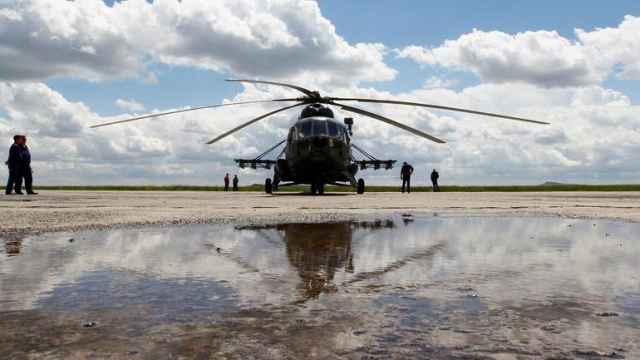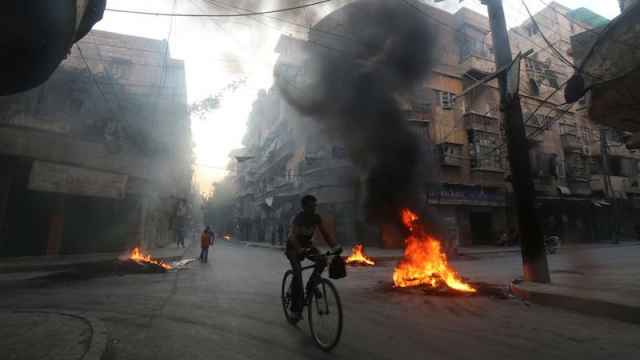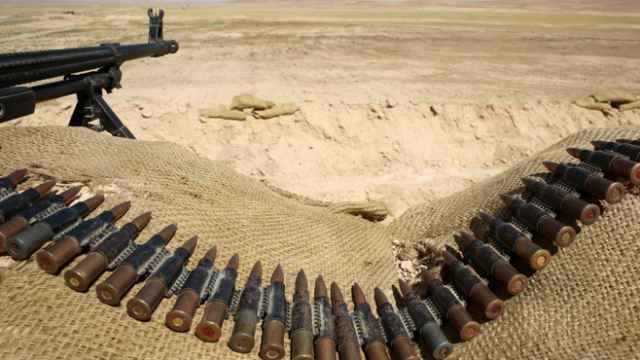The Human Rights Watch (HRW) NGO has accused Moscow and Damascus of using incendiary weapons in Syria in a report published Tuesday.
The United Nations Convention on Conventional Weapons bans the use of incendiary weapons on civilian targets because of the chemical fires they produce. These fires are difficult to put out and cause destruction to civilian infrastructure and excruciating burns which are hard to treat.
A total of 113 countries, including Russia, have agreed to the protocol on incendiary weapons but Syria has ignored calls to do so. The protocol bans air-delivered incendiary bombs but permits ground-launched incendiary weapon attacks.
Russia entered the Syria conflict in support of its ally President Bashar Assad in September last year, with Russian aerial support considered key to gains made against insurgents by Syrian government forces.
HRW report that there is compelling evidence that “Russian aircraft are being used to deliver incendiary weapons or are participating with Syrian government aircraft in attacks using incendiary weapons.”
HRW claim incendiary weapons have been used at least 18 times over the past nine weeks, including in attacks on rebel-held Aleppo and Idlib last week with at least 12 civilians reported wounded in five of the attacks.
Russia's Defense Ministry has stated that it does not attack areas where civilians are located.
The director of HRW's arms division Steve Goose called on the Syrian and Russian governments to “immediately stop attacking civilian areas with incendiary weapons” and called on all countries to condemn their use.
A Message from The Moscow Times:
Dear readers,
We are facing unprecedented challenges. Russia's Prosecutor General's Office has designated The Moscow Times as an "undesirable" organization, criminalizing our work and putting our staff at risk of prosecution. This follows our earlier unjust labeling as a "foreign agent."
These actions are direct attempts to silence independent journalism in Russia. The authorities claim our work "discredits the decisions of the Russian leadership." We see things differently: we strive to provide accurate, unbiased reporting on Russia.
We, the journalists of The Moscow Times, refuse to be silenced. But to continue our work, we need your help.
Your support, no matter how small, makes a world of difference. If you can, please support us monthly starting from just $2. It's quick to set up, and every contribution makes a significant impact.
By supporting The Moscow Times, you're defending open, independent journalism in the face of repression. Thank you for standing with us.
Remind me later.





